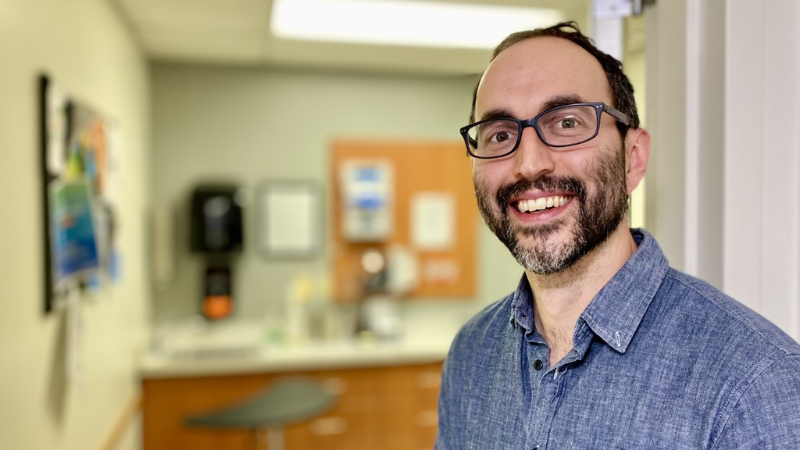
Anthony Jimenez
Assistant Professor
Anthony Jimenez
Assistant Professor
Select Scholarship
Currently Teaching
In the News
-
February 9, 2024
![side-by-side images of four researchers.]()
Researchers work to benefit society
RIT's researchers are improving healthcare for marginalized populations, explaining mysteries of the universe, battling anemia, and making autonomous driving systems more secure. Meet four of them.
-
June 23, 2023
![silhouettes of migrant workers walking in a line.]()
Migrants often can’t access US health care until they are critically ill – here are some of the barriers they face
Essay by Anthony Jimenez, assistant professor in the Department of Sociology and Anthropology, published by The Conversation.
-
March 23, 2023
![two nurses wearing masks working on computers.]()
RIT studying impacts of pandemic on local healthcare workers
WHEC-TV talks to Anthony Jimenez, assistant professor in the Department of Sociology and Anthropology, about his research on the effect of COVID on healthcare workers.
-
August 8, 2024
Jimenez publishes book on migrant healthcare
Featured Work
Research project provides perspective on being on the frontlines of healthcare in Rochester during COVID
Anthony Jimenez
They were celebrated as “healthcare heroes” when the pandemic hit, but navigating the bureaucratic, physical, and emotional realities of being on the front lines of Rochester’s COVID-19 response took...






